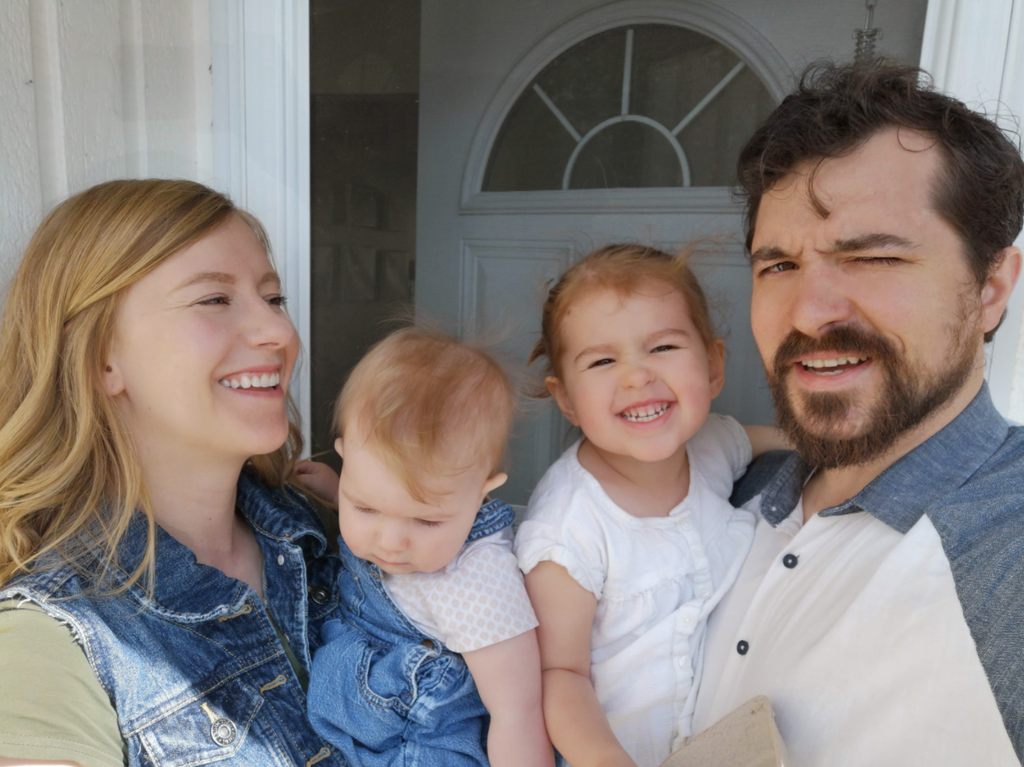
I recently returned to my role as Donor Engagement Manager at Greenpeace after being on parental leave with my youngest daughter. While I was on leave, my partner and I adapted to life with a new baby and a toddler, watching in amazement as they both grew and mastered new skills. It was a year full of challenges, excitement and joy. We did all the practical things that we had done after our eldest was born — we researched RESPs, added her onto our health care plan, and drafted a new copy of our Will.
Then COVID-19 came into our lives and everything changed. We started thinking about our mortality in a more immediate way as concern grew — not only for the health and safety of our children, but also for our extended family and friends.
We reflected on our lives so far, our values, and what kind of a world we want to leave behind for our children. If something were to happen to us we would want our kids to be healthy and safe – to have someone to love and nurture them, to have access to healthy food and medicine, a safe and warm home, and a good education. Our thoughts quickly turned to what kind of world they’re going to grow up in, and to bigger questions that will take action from all of us to solve. Will the planet be left in a liveable state when they get older? Will they have food security? Will they be impacted by natural disasters? And what can we do to work toward the future we want for them — right now?
Since coming back to Greenpeace I’ve learned that many of our supporters are pondering similar questions. My team has had conversations with many of you about how to make long lasting and impactful change. COVID-19 has disrupted the status-quo, changed many things we thought were certainties, and given the world pause to reflect. It’s forced us to look critically at our habits and priorities and decide whether they are the legacy we want to leave.
One way to ensure that you leave a positive mark on the world, and for future generations, is through leaving a gift to the organizations you care about in your Will. That’s what my partner and I have done. After taking care of your loved ones, a gift in your Will is a concrete action you can take now to ensure that your vision and values live on.
Whether leaving a gift in your Will is something you’ve thought about, or an idea that’s new to you, we are here to help. We spoke with Maureen Tabuchi, an estate lawyer with over 30 years’ experience, to help demystify Will-writing and estate planning for our supporters. Making a lasting impact on the world is something that a lot of people want to do — and having a well-prepared Will is an important step you can take now to ensure your legacy has a positive impact in the future.
Together, we can ensure a healthier and more sustainable planet for future generations.
With resolve and renewed purpose,
Tristan Woodford
Click here to learn more about leaving a legacy gift in your Will to Greenpeace and here to watch a video from an estate lawyer with her top Will-writing tips.
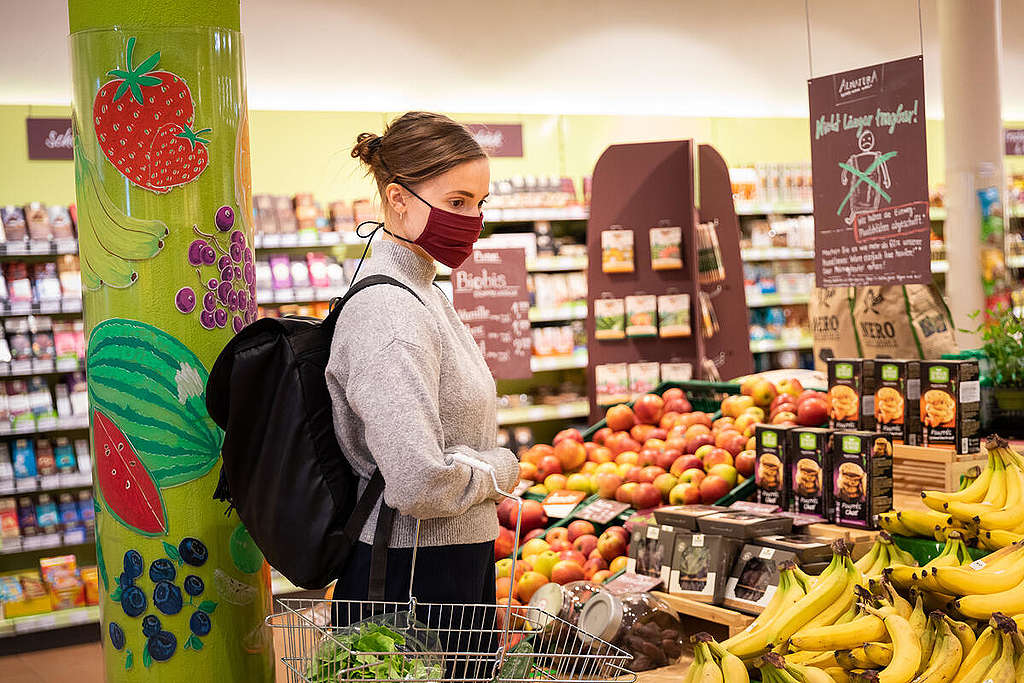
Free Guide: Eco tips to protect against COVID-19
Take action
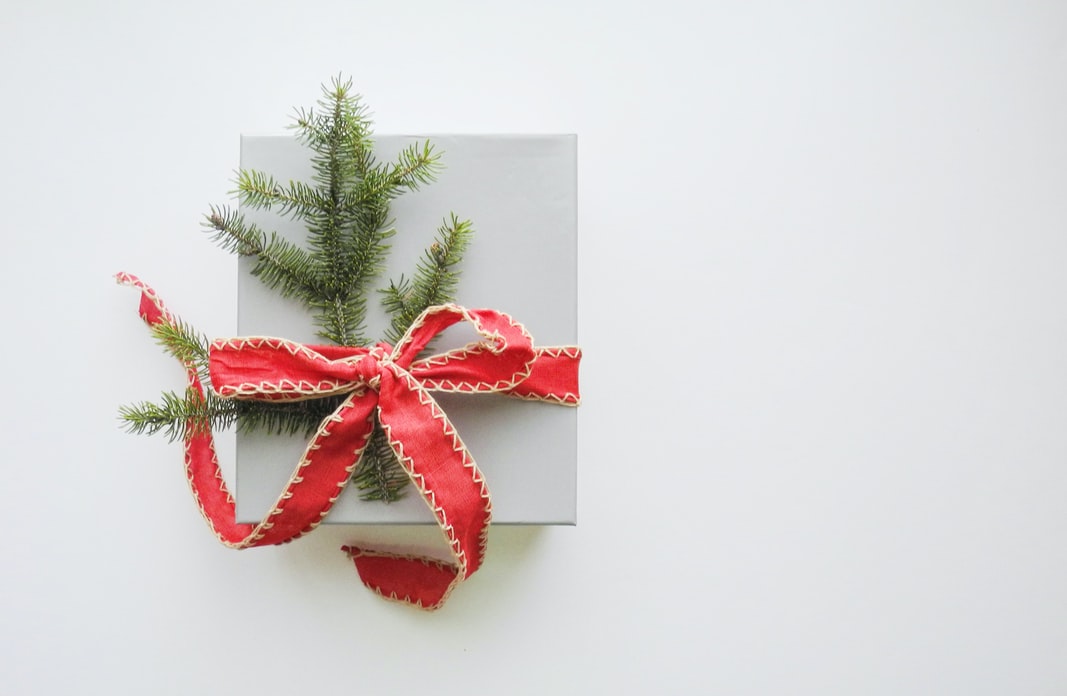
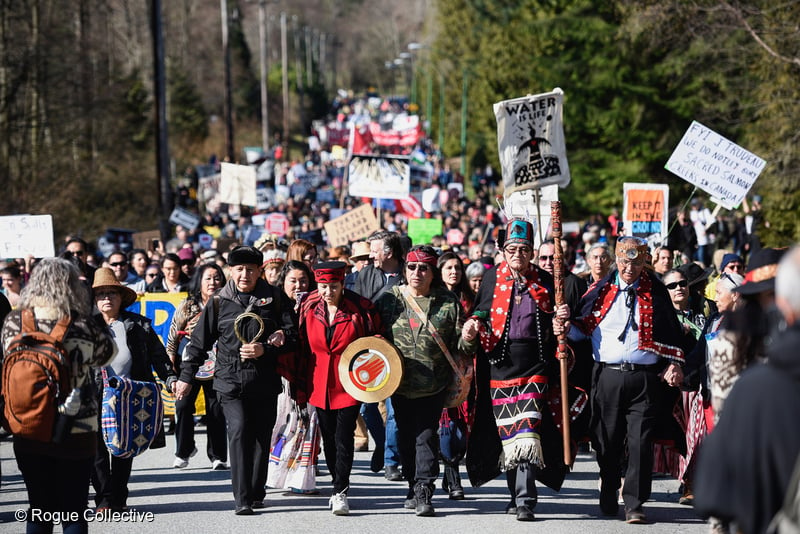
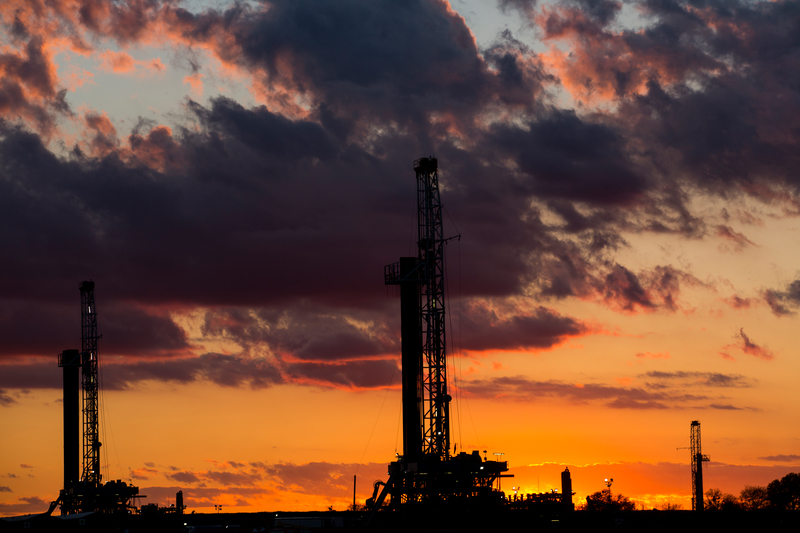
Discussion
Pondering one's legacy these days is problematic. Most of what one sees in the media seems to be based on indefinite exponential growth. That though does not seem to be a possibility on a finite planet. If our species is to have a shot at delaying extinction until some external force overwhelms us, we must find a way to recycle within our finite Biosphere. The data is out there in the Internet. Here is my summary of what must be taken into account to survive: "About 300 years ago the human population went on an exponential ride thanks to the proliferation of fossil fuels, which allowed an increasing number of people to eat, drink and spend like kings. It took roughly 300 years for human population to double from 500 million to roughly one billion in 1804. It took 110 years to double to 1.8 billion. Then things went wild, taking only 60 years to hit 3.6 billion. And then just 45 years to hit 7.3 billion in 2017. The consumption patterns driven by nearly eight billion people have created an exponential assault on the Earth’s finite resources. In 1900, the globe dug up seven billion tonnes of coal, iron, fish, wood fertilizer and aluminum to keep the economy humming. By 2000, the economy consumed 49 billion tonnes of materials from the Earth. Now we carelessly extract 90-billion tonnes and plan to double that every 30 to 40 years. We are now well beyond the sustainable yield of the Biosphere. See the Ecological Footprint , Global Footprint Network. Google it! Sorry ,running out of space here. Charles, with hope that we change tactics so at least some of our progeny may have a chance to continue the human race long term.